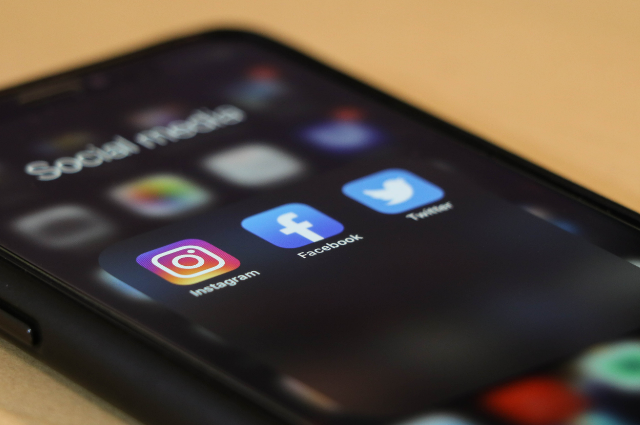
Photo by dole777 on Unsplash
Social media has become a ubiquitous part of modern life, with millions of people using it every day to connect with others, share their thoughts and opinions, and stay up to date with the latest news and trends. While there are certainly benefits to using social media, such as increased connectivity and access to information, there is growing concerned about the negative effects that excessive social media use can have on individuals and society as a whole.
One of the most obvious negative effects of excessive social media use is its impact on mental health. Studies have shown that people who spend more time on social media are more likely to experience symptoms of anxiety, depression, and other mental health issues. This is likely due to the fact that social media can create a sense of constant comparison and competition, as people are constantly exposed to carefully curated and often unrealistic representations of other people's lives.
Another concern is the effect that social media can have on relationships. While social media can be a great tool for staying in touch with friends and family, it can also lead to feelings of isolation and disconnection if people begin to rely too heavily on social media for social interaction. Additionally, the highly curated nature of social media can create unrealistic expectations for relationships and lead to disappointment and frustration when real-life relationships fail to live up to the idealized versions presented on social media.
Excess social media use can also have a negative impact on productivity and focus. With so many distractions available on social media, it can be difficult for people to stay focused on their work or other important tasks. This can lead to procrastination and decreased productivity, which can have negative consequences for individuals and organizations alike.
Finally, there are concerns about the role that social media plays in shaping public opinion and political discourse. The highly polarized nature of social media can create echo chambers in which people are only exposed to viewpoints that align with their own, leading to a further entrenchment of ideological divides. Additionally, the spread of misinformation and fake news on social media can have serious consequences for public health and safety, as well as for the integrity of democratic institutions.
In conclusion, while social media can be a useful and enjoyable tool, it is important to be aware of the potential negative effects of excessive social media use. By being mindful of our social media consumption and taking steps to limit our use when necessary, we can ensure that social media remains a positive force in our lives rather than a source of stress and negativity.
